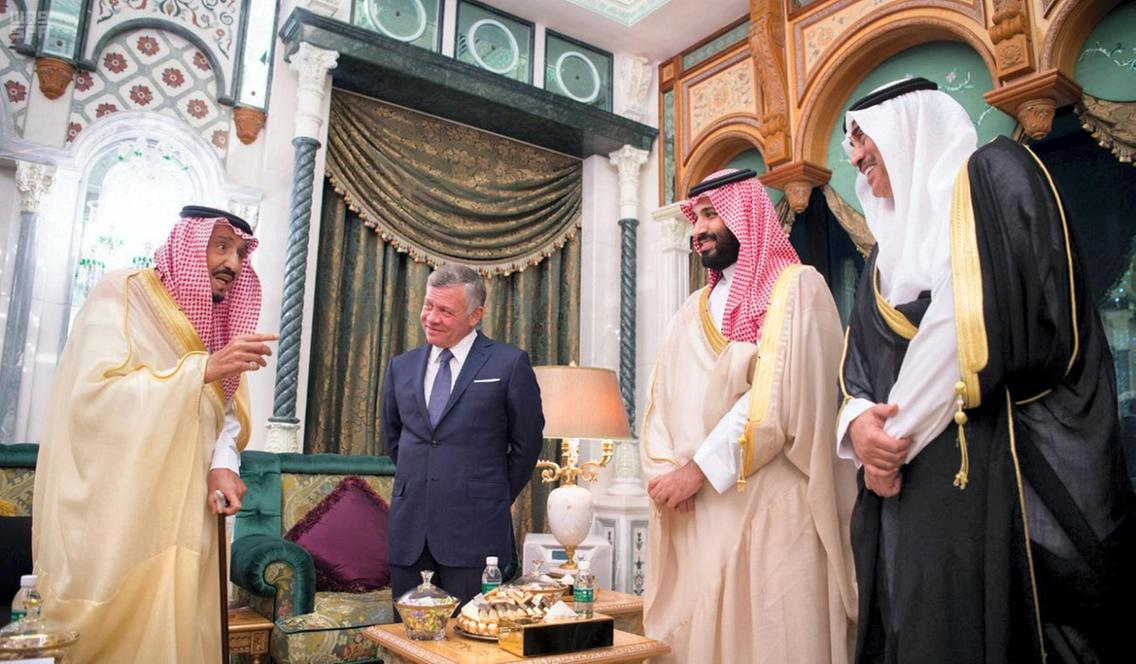
Jordan Government Finds Help in Midst of Mass Protests, Economic Deficit
Following a meeting between Gulf Cooperation Council (GCC) leaders and King Abdullah on Sunday, three Gulf nations have pledged $2.5 billion in aid to Jordan. Saudi Arabia, the United Arab Emirates (UAE) and Kuwait decided to assist the unstable country shortly after it erupted in protests last week when Prime Minister Hani al-Mulki, who has since resigned, passed a law that increased taxes. The protests pressured the government into reversing the tax law and led to the removal of al-Mulki and his cabinet. The unsuccessful law came in the midst of a three year economic plan ordered by the International Monetary Fund to reduce the Kingdom’s growing debt. Jordan’s economy has long been suffering from deficit, unemployment, and corruption and has largely been dependent on foreign aid for survival, which some say has been a barrier to reform.
Helping Jordan is nothing short of keeping the Gulf’s best interests at place. Since the Arab Spring, the Gulf monarchies have lived in constant fear of uprisings within their own borders. The GCC has been pumping financial aid into Morocco and Jordan, the only other Arab monarchies, in order to maintain in them a sense of economic stability that would uphold the legitimacy of monarchial rule and suppress the onset of popular revolt. In 2011, six Gulf countries entered an agreement that involved injecting Jordan’s economy with $1.25 billion a year from 2011 to 2017, with the possibility of renewal at the end of those six years. However, the agreement ended indefinitely in 2017 once the threat of the Arab Spring seemed to have disappeared. The discontinuation of aid increased Jordan’s economic instability and led the country to the tumultuous state it found itself in last week. Saudi Arabia, the UAE, and Kuwait’s $2.5 billion pledge aims to restore stability and keep protests at bay for now.
By Yakin Ouederni
